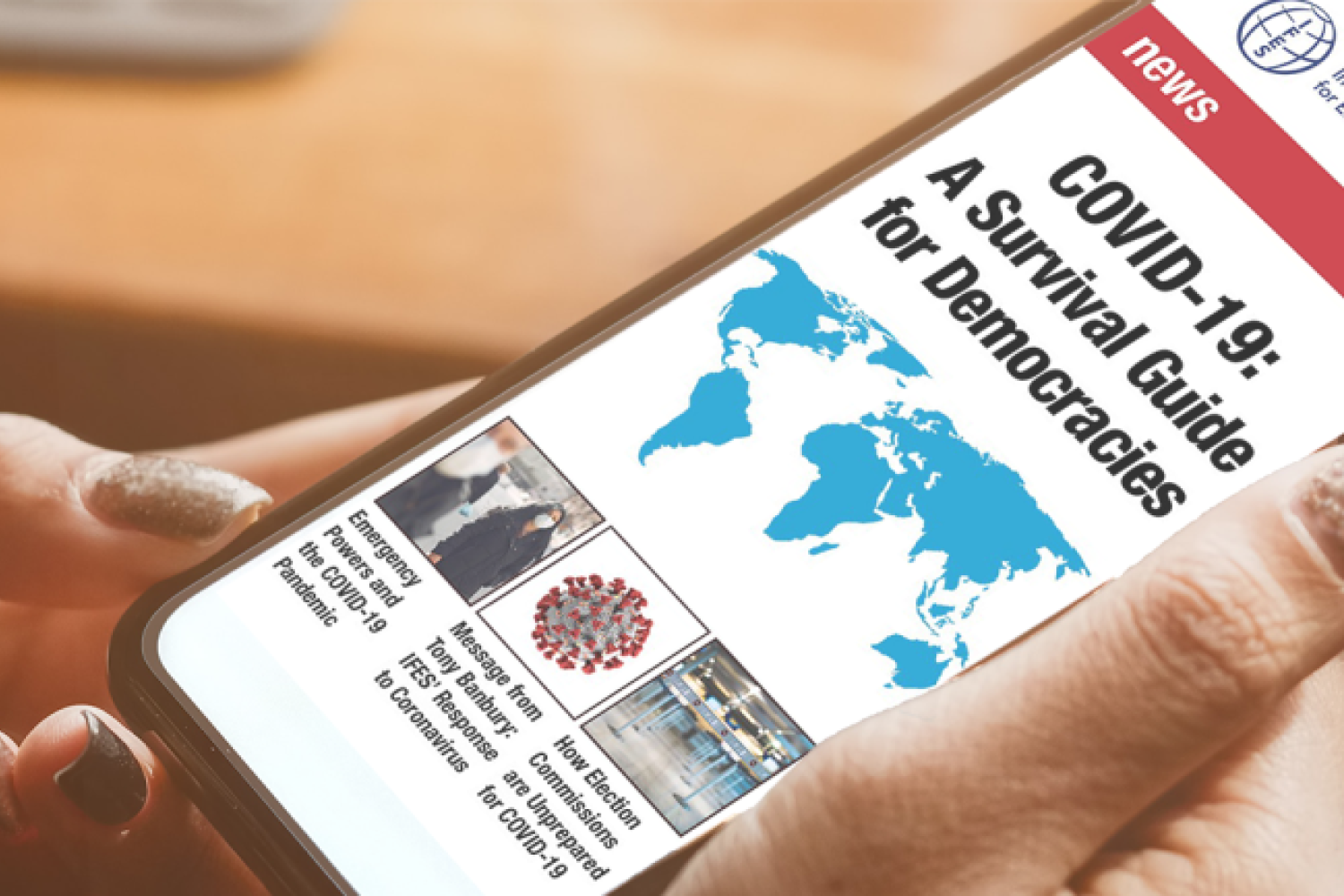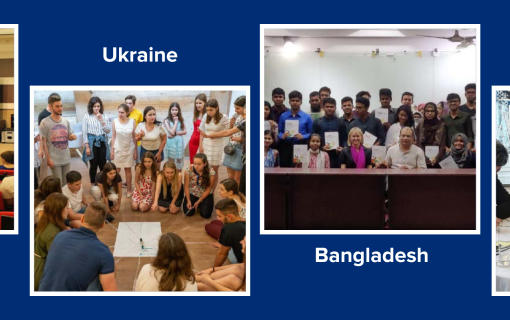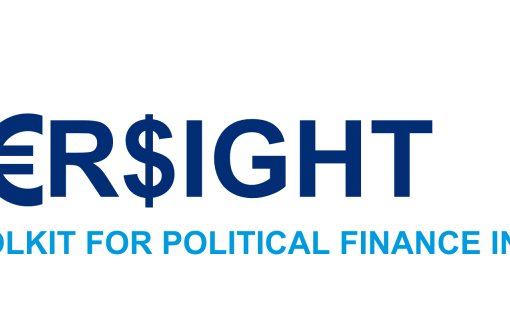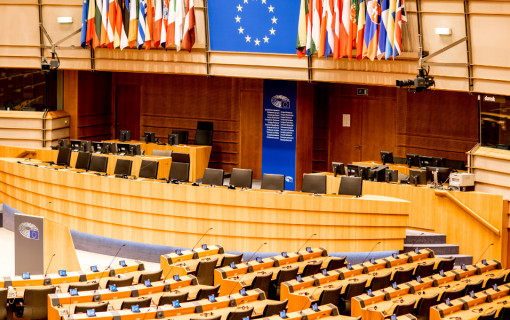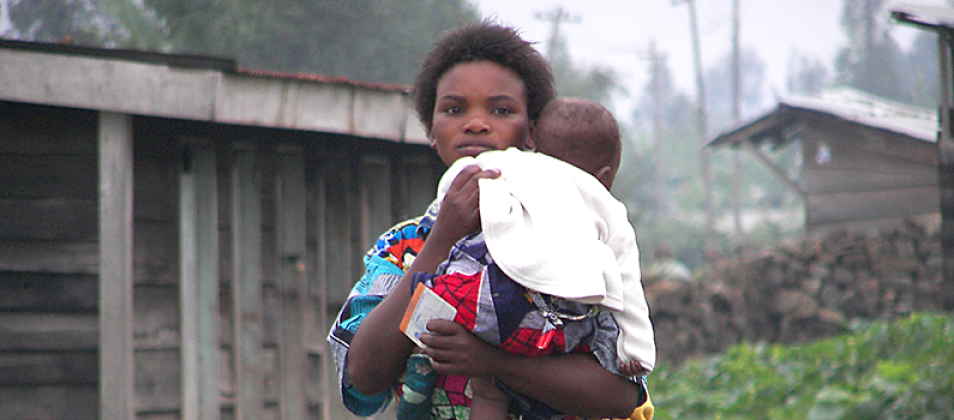
How to Protect Gender Equality in Elections During COVID-19
by Meredith Applegate
National or global disasters often inflame and exacerbate existing inequalities. A crisis such as the COVID-19 pandemic can disproportionally impact those who already face discrimination, have less access to resources or face violence in the home. As has been documented by rights organizations, activists and feminists, the COVID-19 pandemic is gendered in its impact. While there are a number of high-profile women receiving global recognition for their leadership during this crisis, women – in most contexts – continue to be largely left out of decision-making processes. Many countries have highlighted sharp increases in domestic violence after quarantine measures were put into place. Women who now have increased child care responsibilities after school closures may be less able to continue working. In many countries, women make up the majority of health care workers, placing them at heightened risk of infection. And women who face compounding discrimination due to race or class are often the most negatively impacted.
Election management officials, decision-makers and legislators must be aware of how these heightened inequalities impact the integrity and inclusiveness of an electoral process. During a crisis, it becomes even more critical to ensure that gender equality considerations are reflected in legislation, decision-making, operational and security planning, campaigning, observation, training programs for election officials, and support to civil society throughout the electoral cycle.
Electoral stakeholders could take the following mitigating measures to ensure that gender does not serve as a barrier to electoral and political rights during the COVID-19 pandemic.
In Ukraine, IFES is working with the election commission to hold virtual seminars for political parties on gender quotas and women’s participation, in partnership with the National Democratic Institute and International Republican Institute through support from the United States Agency for International Development, UK aid and Global Affairs Canada.
Voter Registration
- During active voter registration processes, election management bodies (EMBs) should collect and analyze gender-disaggregated data. If, during the voter registration period, there are significantly fewer registered voters of a certain gender, community outreach should take place – in close consultation and coordination with health officials – to ensure that voters are aware of registration and can safely access this process.
- For passive voter registration processes when voter registration is automatically updated by the government or EMB, the EMB should take note of reasons why voter data may not be successfully automatically updated or will need further amendment by the voter. For example, in a number of contexts, women change their name after marriage; EMBs should ensure that if an update by a voter is necessary after a name change, that this update can be done safely with as little in-person contact as possible.
Voter Education
- Those conducting voter education should assess if efforts during the pandemic reach all genders. For example, if previous voter education targeting women took place in markets and is no longer possible, ensure that other efforts target women, such as radio broadcasts on channels and at times when there are a high number of women listeners. It is important to understand how women access information during the pandemic and target voter education to ensure they have equal access to that information.
- EMBs should consult women’s organizations on how to target women voters effectively during quarantine periods. Election management should also be aware that, in some countries, there is evidence that women are more hygiene-conscious and, therefore, may be less likely to vote in person. Consultations with women’s organizations will help EMBs to design and carry out appropriate messaging and responses.
- Voter education messages should continue to emphasize the importance of women’s participation in the electoral process. Pandemics – when individuals are encouraged to stay home – could provide an excuse for male household members to prohibit women relatives from participating in politics. Voter education campaigns could target all genders noting that, while no one is forced to go to the polls, all individuals have the right to participate.
Women Candidates and Elected Officials
- Political finance regulators should ensure that there is effective oversight and transparency of political finance online and in social media. As women generally have less access to resources for campaigning, political finance abuses often further skew the playing field toward men. Online campaign costs are, in many cases, hidden and not disclosed. With COVID-19, EMBs bodies should be prepared for online campaigns to be more prevalent.
- Women – particularly candidates – are often targeted with online abuse and hate speech. With the internet likely playing a more visible role during a pandemic, election management officials and stakeholders should ensure that there are mechanisms in place to counter hate speech and gender-based online violence.
- As campaigns move online, women candidates, who are more likely to have less campaign experience and resources, should be provided with information and assistance on how to effectively campaign using online platforms and outreach. Leadership training and resources for women candidates become even more important in contexts where, due to crisis, voters may be even more reluctant to vote for women.
- Women elected officials, especially at the local level, can play a key role in advocating for women’s needs. Assistance should be provided to women elected officials on how to effectively advocate for the unique needs of their women constituents in relation to the pandemic.
Electoral Operations
- In all contexts, election management must take preventative, decisive measures to mitigate the health and safety risks for polling station workers and voters, keeping in mind women poll workers’ unique needs. This is especially important in contexts where the majority of poll workers are women. EMBs need to make sure that personal protective equipment – e.g., gloves and masks – properly fit women, as many are designed for male bodies. In specific country contexts, it is important for EMBs to establish separate bathroom facilities for women or allot specific times for women voters.
- If training for election officials is moving online, consideration should be given to the gender gap in access to the internet and technology. In many contexts, women have less access to technology, so virtual training programs could exclude women.
- During quarantine, EMBs should assess child care options for both poll workers and voters. Guidance should be clear in terms of how to safely bring children into the polling station if a voter cannot find an alternative, and voters with children should be given priority in queues. Similarly, election administrators should consider how to support poll workers who are unable to procure child care while they are working.
- If postal, absentee or proxy voting is expanded, this should be coupled with clear guidance to voters and awareness-raising efforts to counter family voting, discourage intimidation and clearly promote voting as a secret, individual right.
In Pakistan, IFES prepared a briefing document for partners and stakeholders on the gendered impacts of COVID-19, including context-specific recommendations on how to ensure women’s equal participation in politics during the pandemic.
In the long term, gender norms and roles that may have exacerbated the effects of the pandemic should be addressed. For example, across the world, women bear the brunt of domestic and child care responsibilities, which can put increased stress and pressure on women during pandemics. Through its “Male Allies for Leadership Equality” program, IFES works to break down some of those harmful gender norms to create an enabling environment for women’s full and equal participation in politics. Though it is critical to implement gender-sensitive, short-term solutions to mitigate the more immediate impacts of the pandemic, in the long term, building democracies that deliver for all, including women, can help lessen the detrimental gendered effects of future health crises.
Meredith Applegate is IFES' program adviser for Ukraine.






